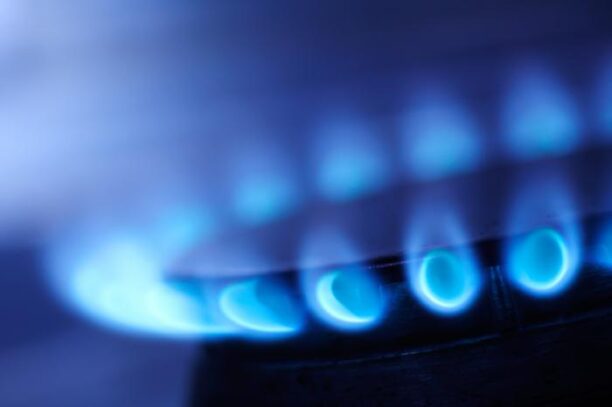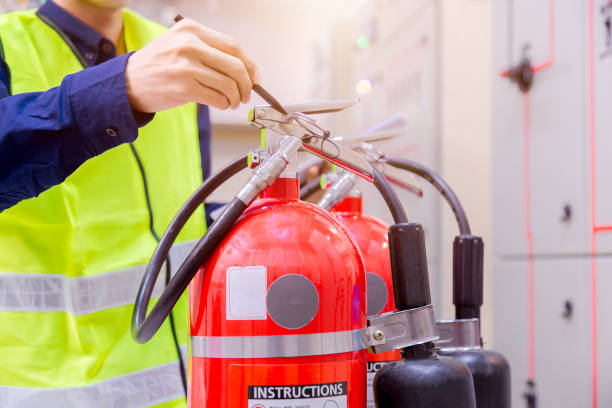Propane Tank Safety: Essential Tips from Sheridan County, Wyoming
In the wake of several incidents last year, Jesse Ludikhuize, the Emergency Management Coordinator in Sheridan County, Wyoming, shared vital propane tank safety tips during a recent appearance on Sheridan Media’s Public Pulse. These guidelines are essential for residential and commercial propane users to follow, particularly as most tanks have a capacity of around 500… Continue reading Propane Tank Safety: Essential Tips from Sheridan County, Wyoming


